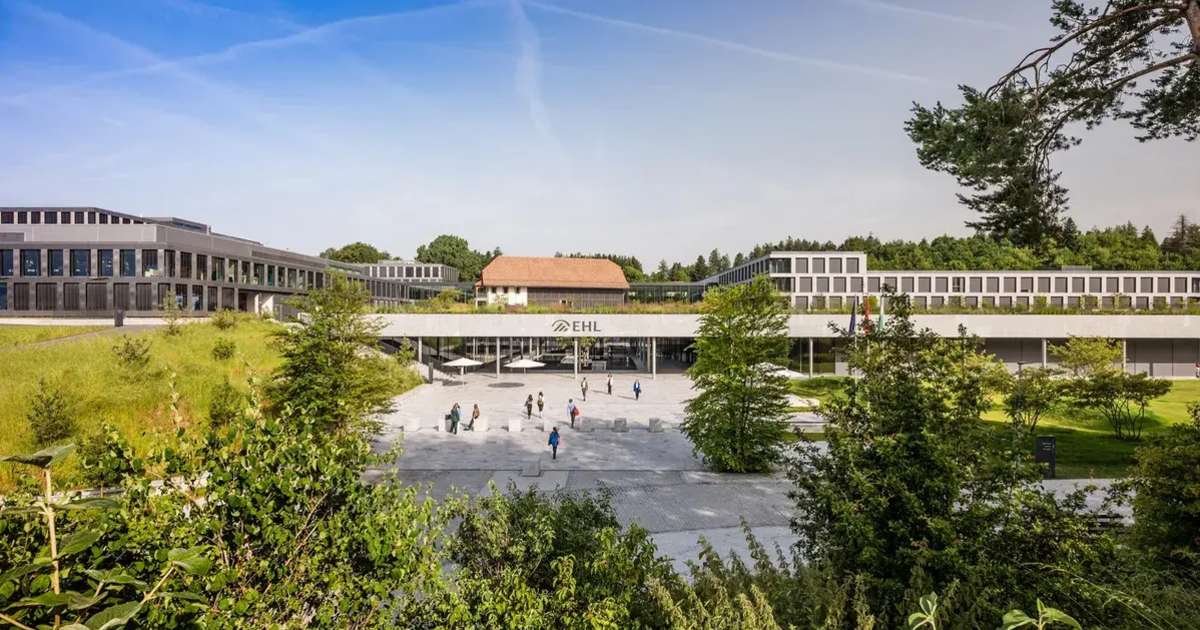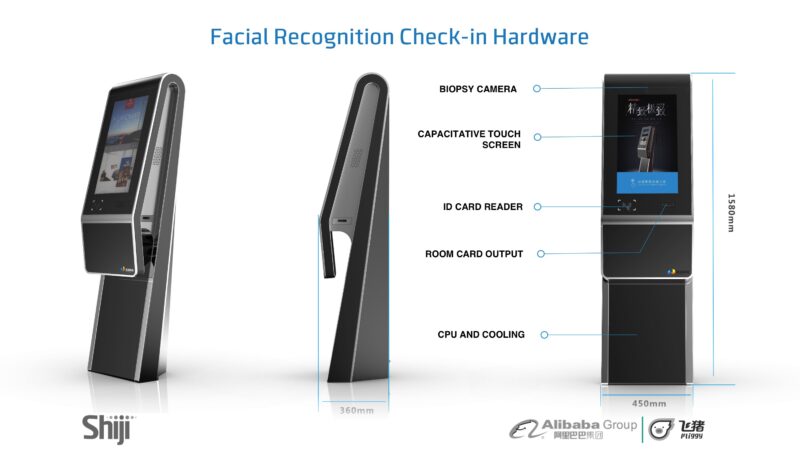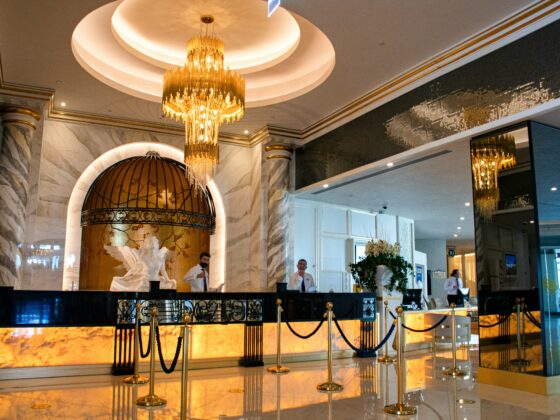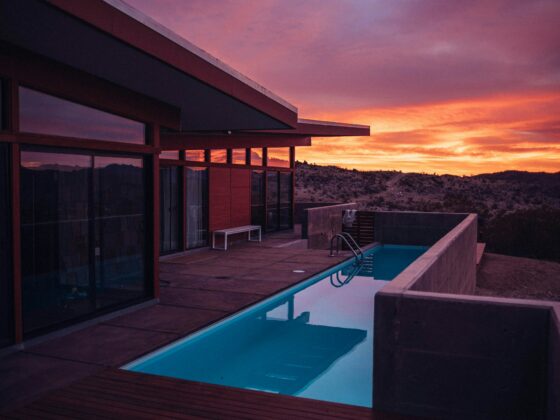
As a young adult preparing to enter the evolving world of hospitality, I stand at the edge of a transformative era – one that demands not just operational excellence, but thoughtful action and bold responsibility. As a hospitality student, we’re taught the foundational tools: service, design and operations. But in a world, that’s ever-changing, mastering the known is no longer enough. We must cultivate a mindset that embraces the unknown, acting with agility, curiosity and intention.
Open innovation challenges the idea that innovation must happen behind closed boardroom doors. It invites cross-pollination of ideas, skills and perspectives across disciplines and industries. At its core, it’s about sharing knowledge and co-creating solutions bigger than any one entity can build alone.
I like to think of it as a melting pot of ideas – where everyone brings something uniquely different yet authentic and valuable. That diversity is what makes innovation richer, more creative and more powerful.
Why do we need Open Innovation?
Hospitality is built on human connection – yet in a world of rapid technological change and urgent calls for sustainability, siloed thinking simply does not work anymore. Traditionally, industry takes a departmental approach to solving problems. However, issues like the climate crisis and growing demand for personalized, responsible travel require collaborative problem solving across industries and stakeholders.
Today, no single voice or company can solve these on their own. That’s why open innovation isn’t just useful – it’s necessary. We need alliances between hoteliers, policymakers, designers, educators, and most importantly, young changemakers willing to challenge the status quo.
What makes Collaboration essential?
Being the engine of sustained growth in the future, open innovation relies on strong and intentional collaboration between teams, organizations, skills and perspectives. Collaboration fosters creativity upholding a culture of innovation. Open innovation takes this up a notch by involving external stakeholders.
It is imperative that organizations realize the collective power they hold to revolutionize the world we live in and to leave it a better place. No single business holds the key to reversing climate change or restoring the damage done to our planet. Collaboration brings forth a set of diverse perspectives which may, very often, be unexplored. This leads to a breakdown of barriers through joint efforts and dynamic interactions, fueled by every stakeholder’s area of expertise often leading to game-changing and visionary solutions. Complex problems, as aforementioned, involve a multi-disciplinary approach. Strategic partnerships allow organizations to benefit from a wide range of resources and experts, allowing them a multi-faceted approach to problem solving.
To fully embrace open innovation, we need to recognize the benefit of sharing the abundance of knowledge that the world has to offer.
Why is Curiosity important?
In hospitality, curiosity is about more than learning – It’s about asking the right questions to better anticipate guest needs and improve their experience. As Einstein rightly said, “Curiosity is more important than knowledge.” At the center of it all, it fuels the drive to explore what’s beyond the obvious and uncover opportunities hidden away.
Curiosity is what keeps innovation from becoming complacent. It’s the “what if” questions that allow teams to experiment, push boundaries and turn feedback into breakthroughs. In this way, it is the secret to creating an environment of experimentation.
The Power of Student Voices in Shaping what comes next
In today’s landscape of innovation, students aren’t just future leaders but are active participants in answering the question of “What’s next?”. Open innovation thrives on fresh perspectives. They’re not bound by “this is the way things have always been”, and are more willing to push boundaries, blend disciplines and take the road less taken.
Universities like EHL Hospitality Business School benefit from their strategic positioning, boasting a multicultural student body and interdisciplinary approach, offering the perfect stage for such innovations to flourish. Here, students are equipped with the right tools to not just learn about change, but to lead it – empowering them to perceive themselves not just as future leaders but as co-creators of the future.
The future is not ours to merely inherit – but also to reimagine and reinvent. Join us at the Open Innovation Summit as we seek to redefine the future of hospitality through our tracks – Future of Food, Luxury with Impact and Regenerative Economies.
So, are you merely adapting to the future, or joining the conversation in redefining and reshaping it?








